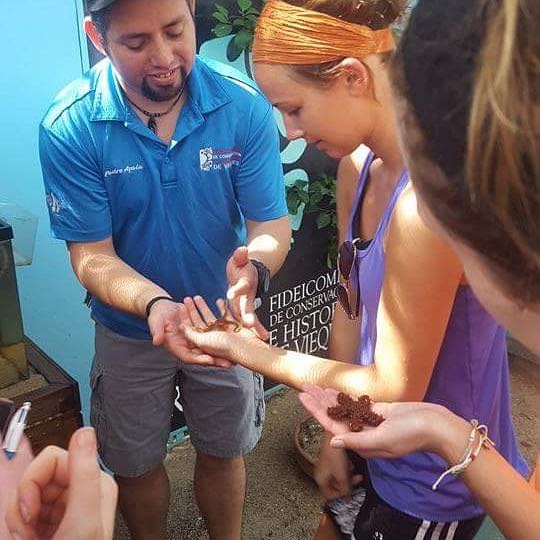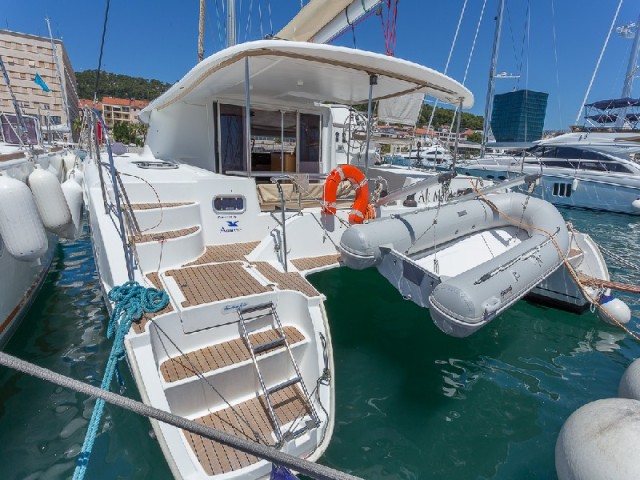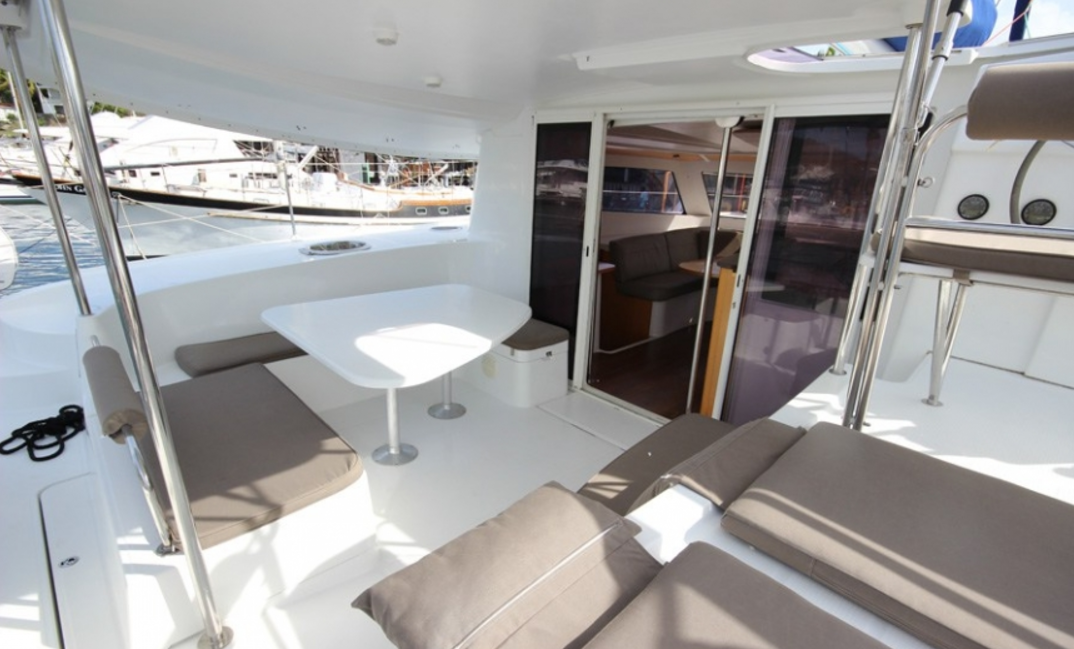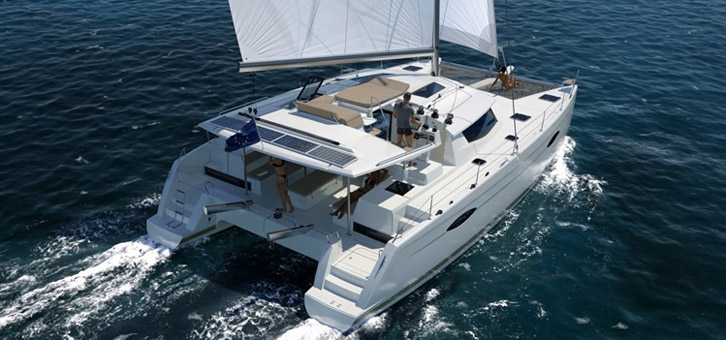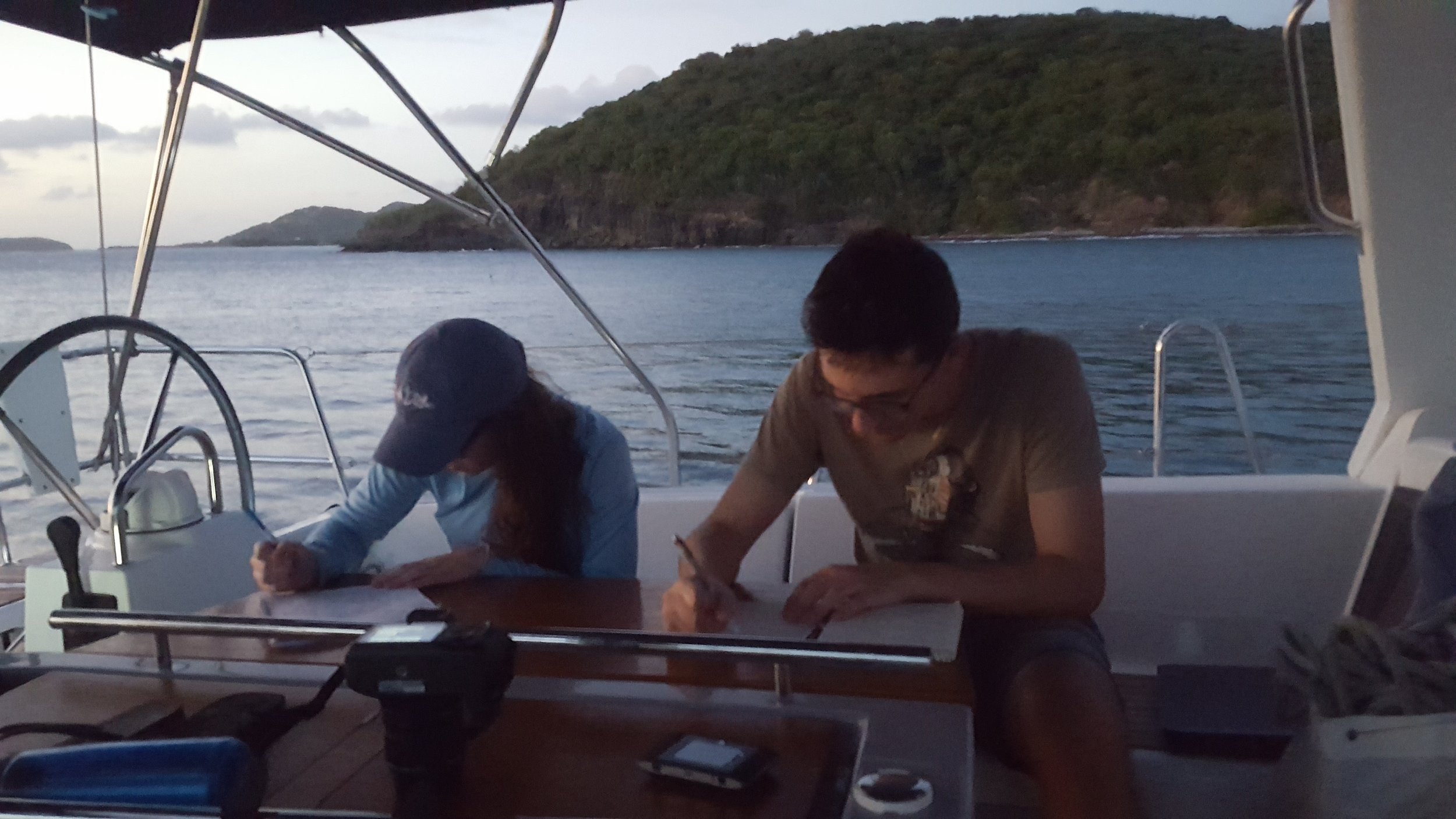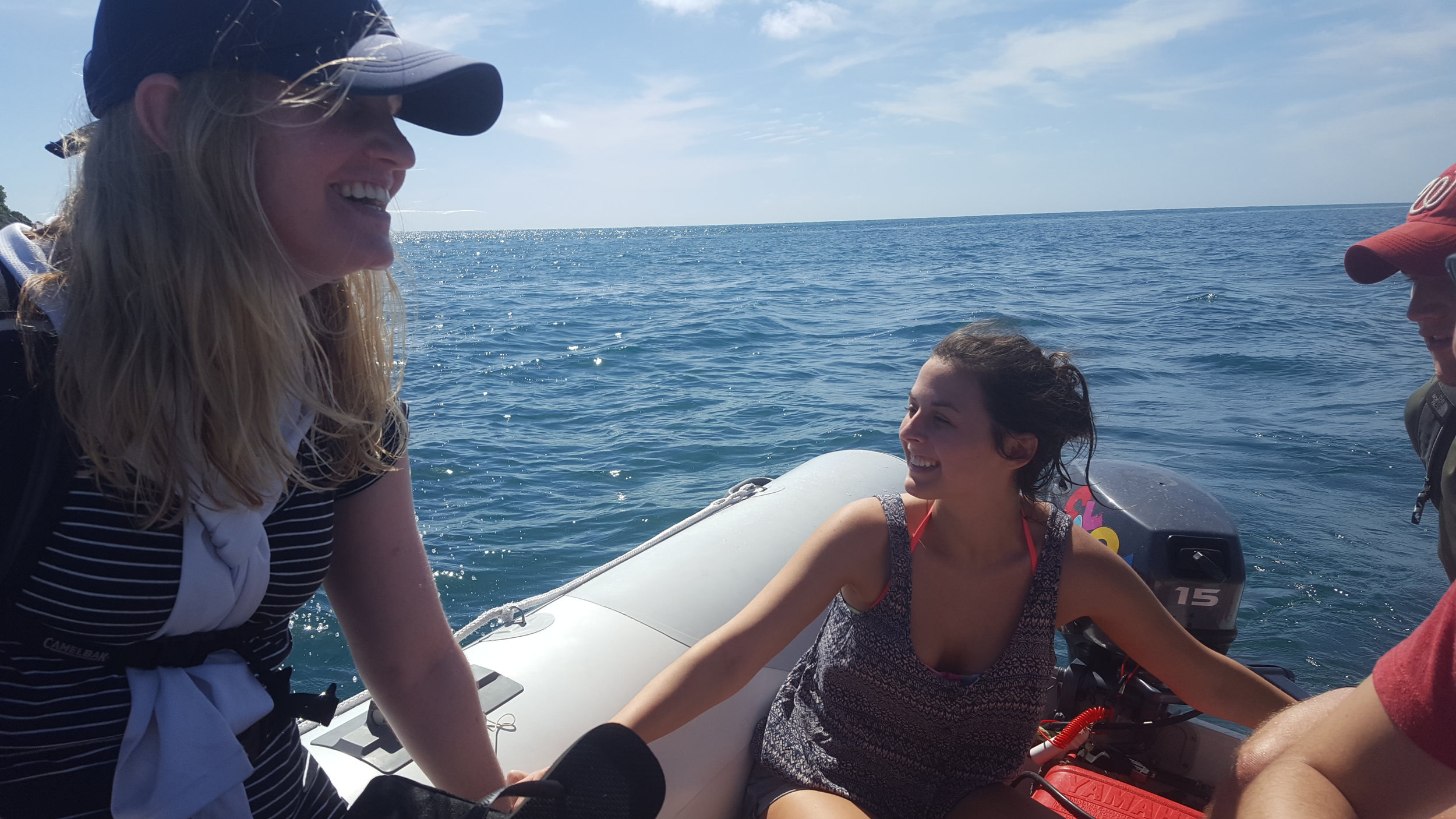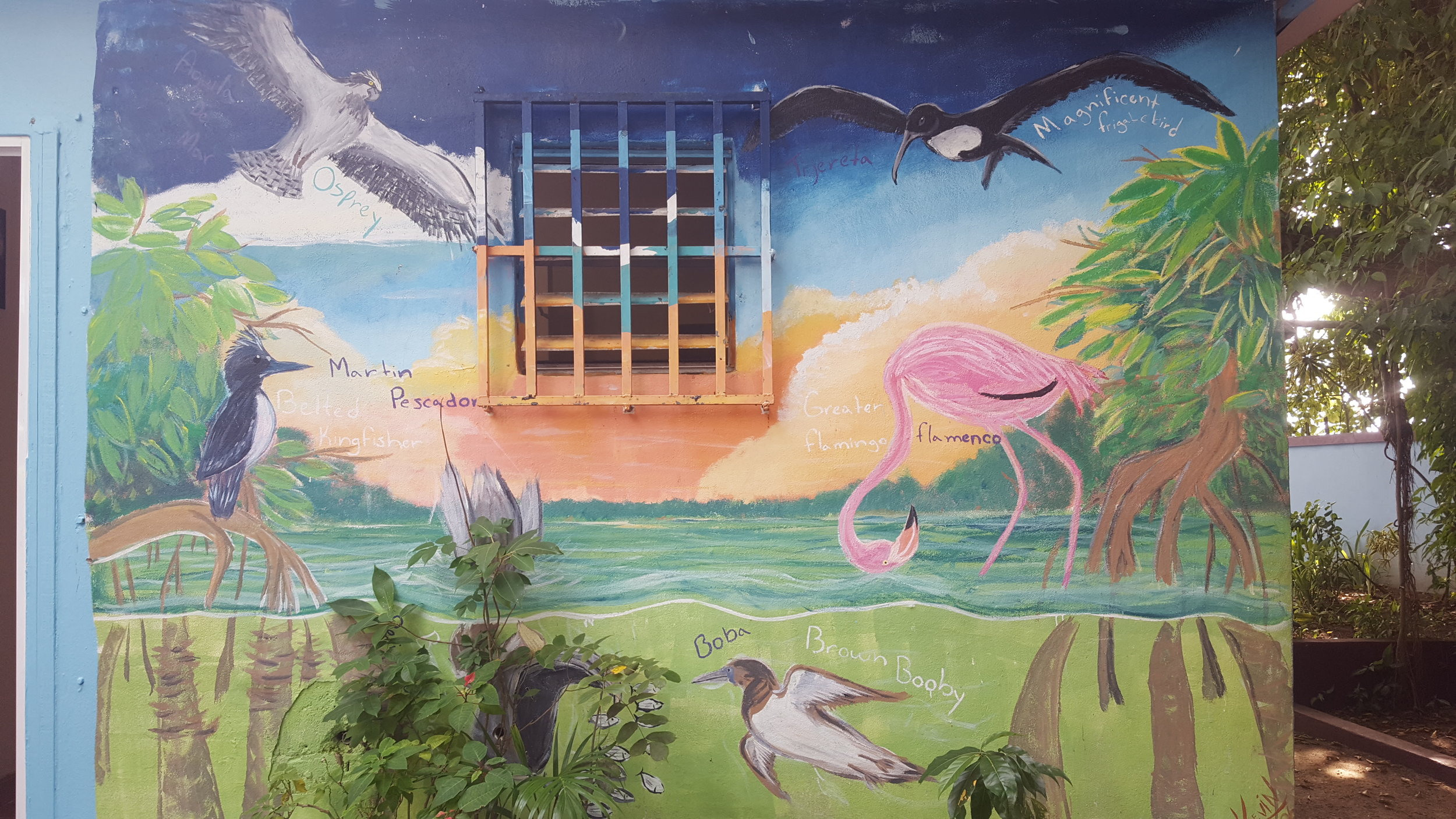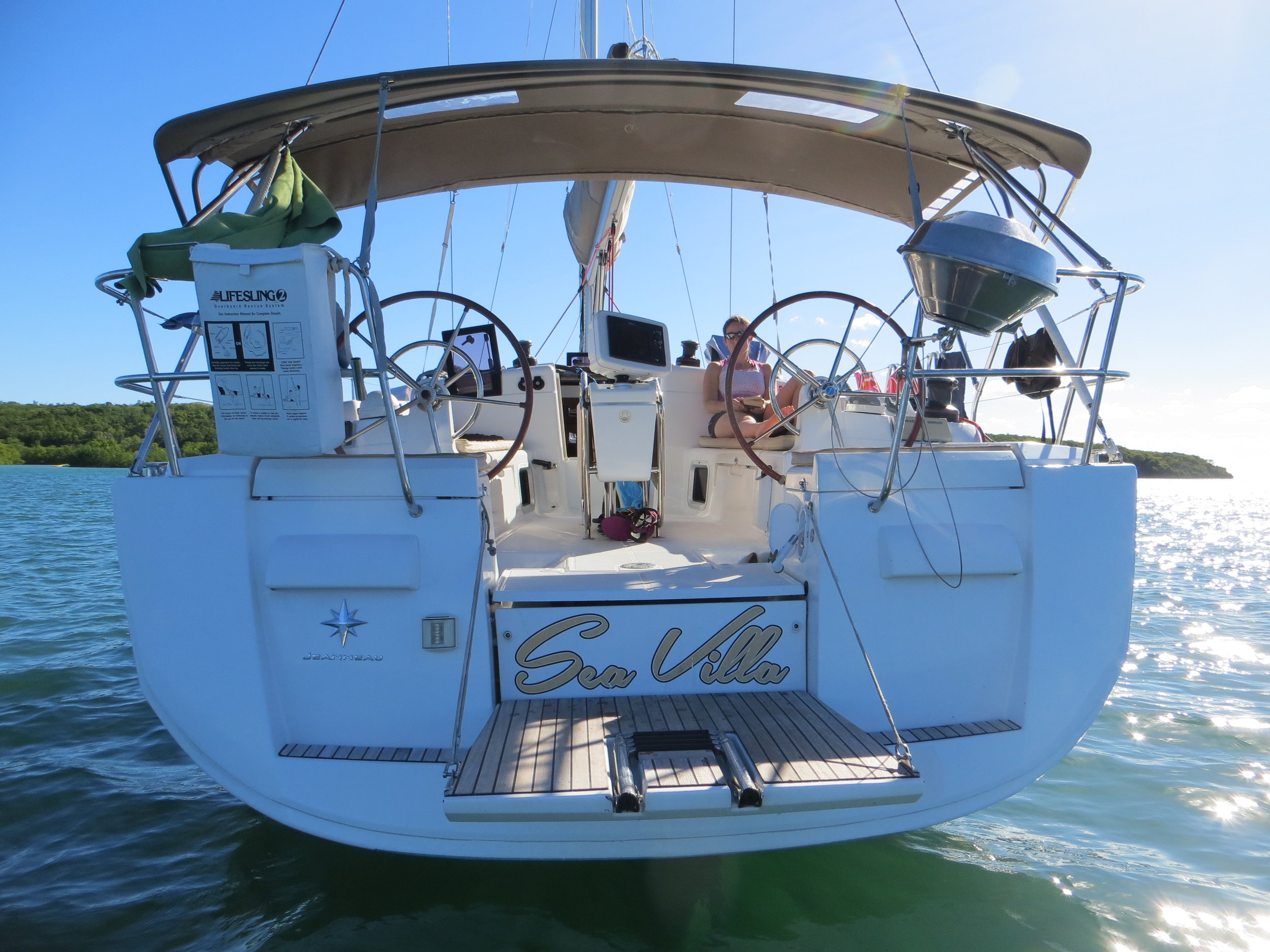The Spanish Virgin Islands
Island Ecology Research Expedition
January, 2020 (8 days)
Research in the Spanish Virgin Islands
On this research expedition you will be joining Dr. Jennifer Klein and partnering scientists to conduct environmental research among the Spanish Virgin Islands archipelago. Primary research will focus on island genomics among the islands as well as opportunities for students to conduct marine life surveys, reef surveys, trail mapping, plants and ecosystems, and bay bathymetry mapping.
what you can expect
The Spanish Virgin Islands are a series of 23 small islands and cays located between Puerto Rico and the U.S. Virgin Island of Saint Thomas. With only 2 inhabited islands, Culebra and Vieques, this Caribbean archipelago is rich with bird sanctuaries, diverse protected marine life and colorful reef ecosystems. Endless bays and thriving reefs welcome visitors to explore the variety of marine species in the water, while the citizens of Culebra and Vieques eagerly open their doors to smiling visitors from all parts of the world. Following the 2017 double hurricane encounter with Hurricanes Maria and Irma, the resilient culture of the islands has continued to persevere as the local people banded together to rebuild their communities. The region is a calm, quiet and beautiful location to explore communities both above and under the sea.
On this sailing week to the islands, the group will live aboard 40 - 50 ft yachts to travel and conduct research. Each and every day we will drop anchor in a protected bay where students can jump off the boat and snorkel amongst sea turtles, stingrays and a multitude of other fish. Students will enjoy the opportunity to explore the uninhabited islands and then observe the wild horses of Vieques before drinking some refreshing milk from a coconut picked and opened right in front of them. Students will have a variety of projects to participate in throughout the week, matching both their passions and learning objectives. If interested, students will have the opportunity to experience the amazing phenomena of the bio-luminescence bay where oceanic plankton light up the water at night. The group will quickly find why this is the Robinson Crusoe or Jacques Cousteau Adventure of the Virgin Islands.
RESEARCH
Each day the students will help conduct marine life surveys, reef surveys, map the hiking trails, meet with the Marine Center to learn about the local marine ecosystem, Visit the U.S. Fish and Wildlife Service to learn about the plants, animals, and conservation on the islands, as well as visit the cultural center to learn about the people on the islands. Evenings are spent debriefing the day, playing group games, completing field notes and enjoying some stargazing
MARINE LIFE
Sailing around the 23 remote islands and cays that make up the Spanish Virgin Islands are surrounded by incredible marine life including soft and hard coral reefs. Every time you jump off the back of the boat you may see eagle rays, common sting rays, green and hawksbill sea turtles, and a multitude of reef fish. It’s common to see a clam or two or three, as well
BIOLUMINESCENCE!
The islands of Vieques and Culebra have some of the best bays in the world to swim in and study bioluminescence!
uninhabited islands and BEACHES
Both the island of Vieques and Flamenco Beach were voted as one of the top islands and beaches to visit in 2016. You can find old tanks on Flamenco Beach, an interesting token to the past US military presence here. Vieques has a wild horse population. You can always find the horses strolling the beaches of Sun Bay or wondering aimlessly on the island.
LEARN TO SAIL
Students and chaperones will have the opportunity to learn how to navigate, handle rigging, tack and jibe, and steer the boats.
Culture
Experience the island culture of Vieques and Culebra
Research SAILBOAT #1
Research SAILBOAT #2
Travel Costs: $2,400
What’s included: The travel costs you may will cover lodging, food, local transportation,sailboat charter, a licensed U.S.C.G. Captain, supplies, and mooring costs.
What’s not included: Airfare transportation to St. Thomas U.S. Virgin Islands not included. We are more than happy to help you book your flight. Flights typically start at $315 depending on your location. We will be waiting to collect you at the St. Thomas airport with a sign.
Still have questions? Please email us or visit our FAQ for additional information.
Trip Highlights
While conducting research you may also have the chance to swim among bioluminescence at night as well as snorkel off the sailboat and dive with stingrays, sea turtles, reef fish, and vibrant soft and hard corals. You will also have the opportunity to explore uninhabited islands and observe wild horses on the beaches, hike through nature preserves and bird sanctuaries, and collect coconuts to eat and drink.
What past interns have to say about their experience:
Jefferson G. | University of North Texas
"I see global treks being an unforgettable learning experience first and foremost. I would love to work for Global Treks again on any other projects. Global Treks taught me how to apply the knowledge I’ve been accumulating for the last 4 years which was an invaluable lesson to learn for my career. Personally that allows me to have the confidence to take risks and put myself out there for future career options."
Bryan K. | Texan State University
"This trip was much more than I expected. I know that this is what I am going to do the rest of my life. I have learned more in this one week than I have in one year of college."
Kendra H. | Century College
"During my experience I was able to work with an amazing team that supported and encouraged me. I had an adventure of a lifetime. I was able to utilize and develop my skills that I hope to use in my future careers."






